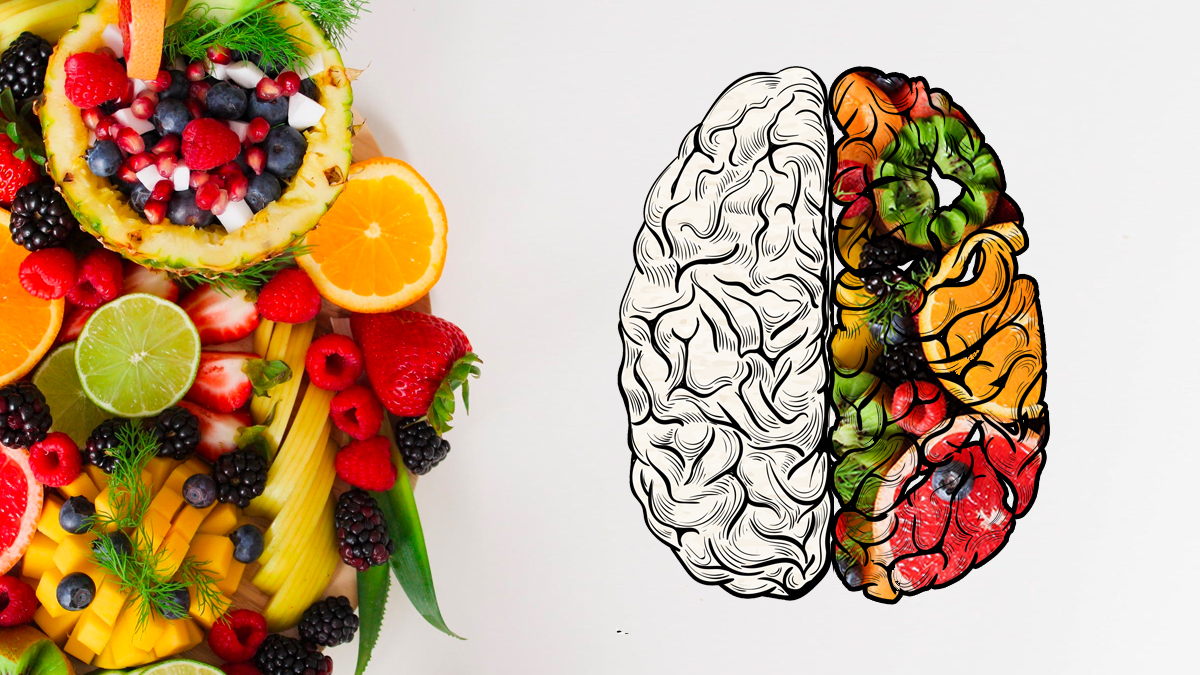Western neuroscientists weigh in on maintaining a healthy brain

Many of us understand what it takes to maintain a healthy body, but what does it take to maintain a healthy brain? As the most complex organ in the human body, the brain allows us to move, think, and feel. It makes us who we are. A healthy brain is critical - it helps us communicate, make decisions, and problem-solve.
While researchers are still working to understand how the brain works, there are some known ways to keep our brains healthy longer. For World Brain Day, Western University neuroscientists are sharing their findings on how to sustain a healthy brain.
COVID-19’s impact on the brain
Since the beginning of the pandemic, neuroscientists have been concerned about the long-term effects of contracting COVID-19. In the early days of the pandemic, the World Health Organization estimated that at least 10% to 20% of people experienced physical or psychological symptoms lasting more than 12 weeks. Now known as long COVID, millions of people around the world are experiencing the disease's extended impact. Neurological difficulties can include brain fog, fatigue, headaches, and dizziness. Cognitive impairment for those with long COVID can even extend to changes in the way a person thinks, concentrates, speaks, and remembers.
With little understanding of what the future may hold for those with long COVID, neuroscientists are researching ways to help those experiencing cognitive impairment brought on by the disease.

Dr. Lisa Saksida
“COVID-19’s impact on the brain has shown to be more significant than originally thought and we still don’t understand the underlying causes of long-term cognitive impairment caused by the disease,” said Lisa Saksida, a Western University neuroscientist, and Canada Research Chair in Translational Cognitive Neuroscience researching how infectious diseases are linked to age-related neurodegenerative disorders. “We’re looking into treatments to help those who may have cognitive decline triggered by COVID-19. Until we know more, the best way to protect yourself is by getting vaccinated and trying to avoid COVID-19 altogether by wearing a mask.”
Head impacts and changes to the brain
Suffering a concussion can cause serious and often lasting damage in the brain. A concussion can occur at any time, but contact sport athletes typically receive more hits to the head than most, with some of those hits taking place during practice.
Do all hits to the head result in damage? What about head impacts that don’t cause concussions? Western-led research has shown that even mild hits to the head are resulting in subtle changes in the brains of healthy, symptom-free athletes.

Dr. Ravi Menon
“Despite not experiencing a diagnosed concussion, the repetitive, supposedly mild impacts experienced by athletes are still causing changes to the brain,” said Ravi Menon, Western neuroscientist, and a leading expert in functional brain imaging. “Limiting the number of impacts athletes experience in practice will help reduce unnecessary hits to the head. It’s important for athletes, parents, and coaches to understand this to help reduce the long-term effects.”
Sleep and cognitive performance
To maintain a healthy brain, a consistent, uninterrupted, good night’s sleep is necessary. What is that optimal amount of sleep, and does it vary from person to person?
From the world’s largest sleep study, renowned Western neuroscientist, Adrian Owen found that people who sleep an average of seven to eight hours per night perform better cognitively than those who sleep less, or more, than this amount. The study discovered that when people get too much or too little sleep, their ability to solve everyday problems becomes harder. For those who sleep four hours or less, they perform as if they are almost nine years older with their reasoning and verbal abilities the most affected.

Dr. Adrian Owen
“Sleep is really important to keep our brain performing at its very best. Our study found that seven to eight hours of sleep every night is the ideal amount,” said Adrian Owen, Western neuroscientist known worldwide for his work on disorders of consciousness. “That doesn’t mean that more sleep results in even better brain performance. In fact, people who slept beyond eight hours were just as impaired as those who slept too little. Getting that sweet spot between seven to eight hours per night is best for your brain.”
Health issues and the risk of dementia
It won’t come as a surprise that a healthy lifestyle including eating well and staying active is good for the body and good for the brain. A balanced lifestyle can result in fewer health conditions overall, helping the brain stay healthy longer.
When it comes to neurodegenerative diseases like Alzheimer’s and other forms of dementia, studies have shown that some health issues can be a risk factor for the onset of these diseases. Diabetes, high blood pressure, depression, or other vascular diseases may predispose someone to, or even increase their risk of developing neurodegeneration associated with dementia.

Dr. Jane Rylett
“Research shows certain lifestyle choices such as a healthy diet, exercise, and social interaction help reduce the rate of progression of some Alzheimer’s symptoms,” said Jane Rylett, Western University neuroscientist, internationally recognized for her contributions to Alzheimer’s disease research. “While we know that maintaining a healthy lifestyle does not entirely prevent dementia, we do know that it can help reduce other health problems while keeping our brains healthy longer.”
Get involved
Interested in helping researchers learn about the brain? Take part in Western studies by signing up for OurBrainsCAN, Western’s Cognitive Neuroscience Research Registry at https://ourbrainscan.uwo.ca/.






